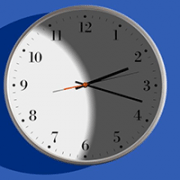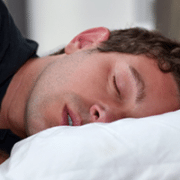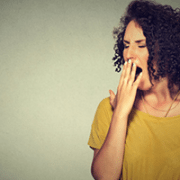Are Night Owls Better Off Changing Their Sleep Patterns to be Healthier?
/in Healthy Living, sleep /by adminMore than a third of American adults routinely fail to get the seven or more hours of nightly sleep that’s generally recommended for optimal health, the Centers for Disease Control and Prevention said last year. In some cases, biology may be to blame. Everyone has an internal clock, or circadian rhythm, that regulates feelings of sleepiness and wakefulness over a 24-hour cycle. These patterns vary from person to person, however, which is why some people function best in the morning and others seem to have more energy late at night. Those who fall into the “night owl” category—almost 20% of Americans, by some estimates—have a problem in that their internal clocks are out of sync with society’s external ones, which generally favor early start times for school and work.
This is What it Actually Means to Get a ‘Good Night’s Sleep’
/in Healthy Living, sleep /by adminA good night’s sleep is about way more than just clocking seven to nine hours in bed each night. And now, experts in sleep medicine and other health care fields have issued new metrics that spell out exactly what high-quality slumber means. The National Sleep Foundation, a nonprofit advocacy group, for the first time defined key indicators of good sleep quality in a recent report.
The Terrifying Way Not Sleeping Enough Actually Changes Your Gut
/in Healthy Living, sleep /by adminStudies link insufficient sleep to some pretty scary consequences, including an increased risk of stroke, heart disease, diabetes, obesity and even some cancers. Experts still don’t fully understand why not getting enough sleep is connected to all of these conditions, but new research published this month adds one piece to the puzzle: Not getting enough sleep may cause changes to gut bacteria that could fundamentally change our metabolism, affecting a host of bodily systems.




